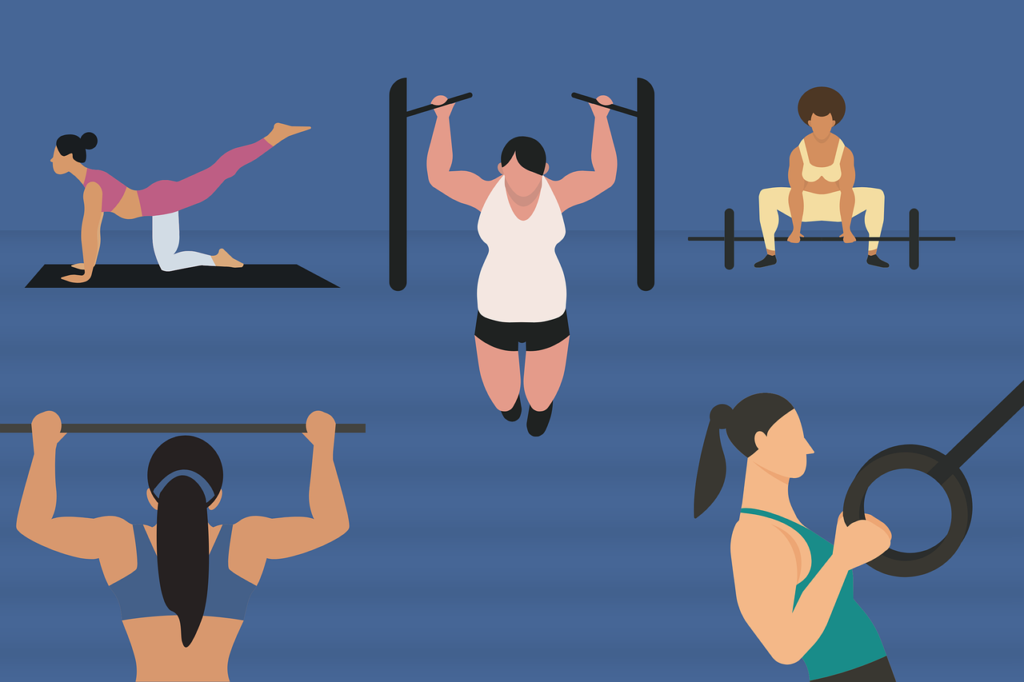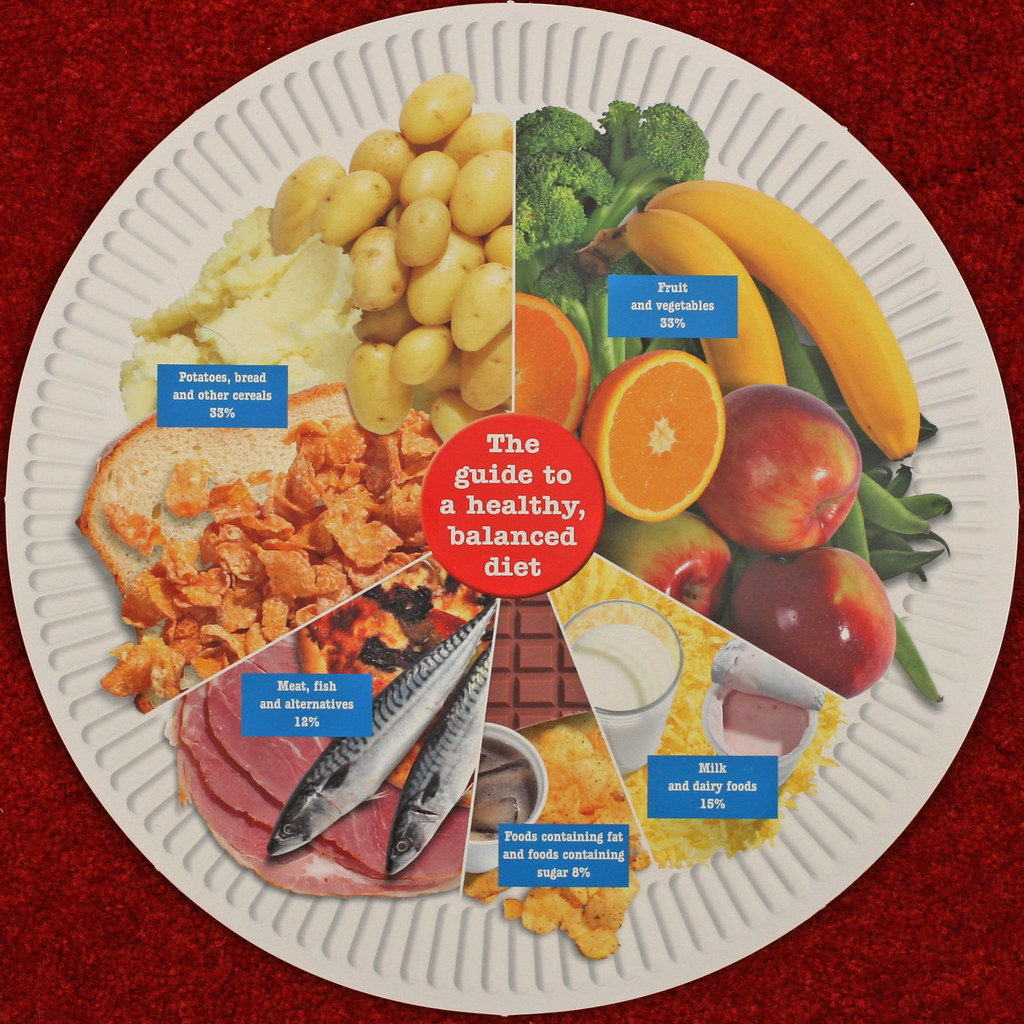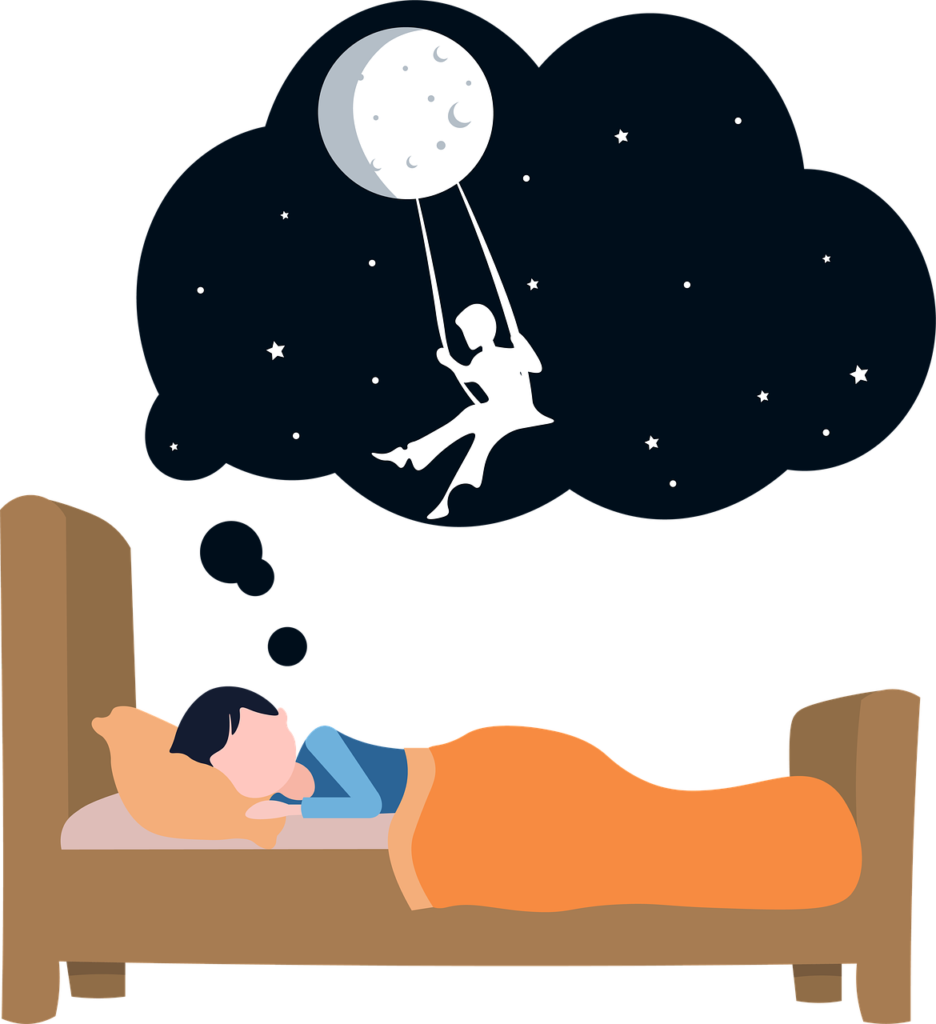
Since the very beginning Harmony Youth has had mental health at the centre of everything we do. We know that your mental health is a wide array of things and maintaining it can be difficult. Whether you struggle with issues like depression and anxiety or not, your mental health is important and can still be affected by your surroundings. Below we have listed some tips, guides and resources to help you maintain your mental health on your own as well as some resources of where to get professional help if you are in need of it.
If you find yourself struggling with your mental health and are unsure of the next steps you should take, our door is always open to help. Contact us by phone, email or in person any time and we will help you to arrange your next steps.
The Building Blocks for Good Mental Well-being:
All Information below can also be found here
You can create healthy habits and a lifestyle that supports your mental well-being through a few simple steps taken at your own pace. Including: Exercise, eating well and healthy sleeping patterns. The benefits from each of these are powerful and when combined can help to manage any mental issues you already have and in some cases, starting these early can even help prevent disorders from developing.
In the beginning putting these into practice can be difficult to start and maintain. That’s okay, putting healthy habits in place can take time and patience.

Exercise and Your Mental Health
Exercise does more for you than just the physical benefits, it can also improve your sleep quality, energy levels and your mental health. Movement is also important to helping reduce the risk of developing mental health issues and easing existing symptoms. Including depression, anxiety, post-traumatic stress disorder (PTSD) and attention-deficit hyperactivity disorder (ADHD). In many cases exercise is prescribed as treatment for mental health and it’s clear to see why with all the benefits it offers:
- A sense of Achievement
- Decreasing stress
- Improved focus and memory
- A great way to connect
- Building confidence
- Sounder sleep
- More energy
- A healthy habit
The important thing to remember is that you don’t have to run a marathon tomorrow – or ever! Focus on finding a way to move your body that works for you and benefits you the most.
Overcoming Obstacles:
A common misconception with exercise for mental health is that you need to spend hours training in the gym or running marathons to reap any benefits, this is just not true. Regular but straightforward movement is better than none at all and can go a long way towards your mental health. Never underestimate the positive effects of a nice walk!
You don’t have to join a gym to introduce movement into your day. The best way for many living with mental health challenges and illness is to see exercise as a part of your lifestyle – not a chore you have to tick off your to-do list. Here are some clever (and fun) ways you can move.
- Go online
You can now do many classes online, from cardio, weight training, yoga, and Pilates. If you’re not ready to join an in-person class or are sure that what you’re doing is safe, online classes are a great option. They offer you the flexibility to exercise in your own time, your own space, and at your own pace, all while being instructed by a professional.
- Go online
- Move around your home
Gardening or spring cleaning your home are great ways to be active. Not only are you getting your exercise, but you’re also accomplishing other tasks – and that deserves two rewards! - Try a movement swap
Start asking yourself, “Could I walk or cycle to where I’m going?” Easy ways to get in more movement are getting off a bus or train one stop earlier, leaving your car at home and cycling, or choosing to use stairs instead of taking a lift. Finding ways to move that are already part of your day is a simple way of fitting more activity into your life. - Be creative
Exercise comes in any shape or form, so enjoy and view physical activity as a chance to be creative. Have a dance to your favourite songs, take a hike, go for a wild swim, stretch at your desk, or walk your neighbour’s dog.
- Move around your home

Your diet and your mental health
Just like with exercise, your diet has an impact on not only your physical health but also your mental wellbeing. For common disorders such as depression, anxiety or insomnia, a balanced diet combined with other methods, can help boost your mental health.
When facing low mental health, your diet is likely not at the top of your list. You might have a low appetite or be over-eating for comfort, relying on ready-made meals and processed foods because you don’t have the energy or desire to make yourself a meal. Financial strains can also play a role in maintaining a balanced diet, prioritising a balanced diet when you’re feeling low can feel near impossible. But small changes with conscious decisions made around your nutrition can; improve energy levels, improve concentration and even help you sleep better
If you suspect you may be using food – or the control and restriction of foods – as a coping mechanism and it is impacting your life negatively, you may be experiencing an eating disorder. Speak to your GP for advice and support.
Some habits you can use to start to balance your diet include:
Staying hydrated – Dehydration can leave you feeling sluggish and foggy. It can also slow down digestion, leaving you bloated and constipated. Overall, it’s not comfortable for anyone! To combat this you should be, drinking a regular 6-8 glasses throughout the day and ensure that as soon as you wake up, you drink a big glass of water because your body will need it after a long sleep, and doing so gets you into a good habit of staying hydrated throughout the rest of the day.
Embracing all food groups – Getting into the habit of eating a variety of food groups will boost your nutrition. The UK Government’s Eatwell Guide shows how much of what we eat overall should come from each food group to achieve a healthy, balanced diet. Your brain needs different amounts of complex carbohydrates, essential fatty acids, amino acids, vitamins and minerals to remain healthy, so introduce each group to your meals. Protein is known for boosting your mood, so experiment with different sources like fish, meat, beans, pulses, eggs, nuts, and seeds. The most important being that your meals don’t have to be boring! There are so many interesting recipes and meal you can try to keep things interesting, looking online for some of these and keeping each meal as colourful as you can are essential to a healthy and properly balanced diet.
Eat regularly – Skipping meals can disturb your blood sugar levels, leaving you susceptible to mood swings and cravings. Eating small but regularly helps keep energy steady and is also helpful if you can’t face cooking or eating big meals. As long as you are properly nurioused it doesn’t matter if you eat 3 full meals a day or if you continually have small plates or snacks throughout, as long as you are fed and have a good variety of food groups.
It is important to manage your intake on some more damaging foods:
Having an excess of particular things can negatively affect your brain, things like saturated fats, caffeine, and sugar. In moderation, these things are good for you but in excess can be linked to an increase in mental health challenges in the long term.However, these things can bring us comfort when we’re at our lowest, it is important to be kind to yourself if that’s what you need in the moment and understand that the more important thing is listening to your body and trusting it knows what it needs and when.
If you’re experiencing anxiety and or depression, you might find caffeine makes your symptoms worse by making you feel jittery and crashing after a quick burst of energy. If this is the case for you, there are things you can do to manage this. You could try caffeine-free alternatives like decaffeinated teas and coffees, herbal teas, to hot drinks made from chicory, or swapping sugary treats like chocolate, sweets, biscuits, and cakes for low sugar fruits like apples, watermelon, or berries and even stick to unsaturated fats like avocado, coconut, olive oil, and walnuts which are packed with omega 3 which can support brain function.
Building a more positive relationship with food:
It is important to build a positive relationship with food, a step in this direction can include building positive memories around meal times. For example, taking meal times as an opportunity to connect with your loved ones. It doesn’t have to be every day, even once a week can help boost your mood and make mealtimes more of a social activity than an isolated event.
A few things that can help with building positive feelings around meal times can include cooking together or taking it in turns to cook, this can be overwhelming at first so make sure to choose something easy and fun to prepare. You can minimise any stress related to cooking for eating by having everyone agree on roles, getting help from others with setting tables, chopping vegetables, washing up, and food shopping means sharing the load of jobs but also means everyone present feels included in the process. Since the aim of this is to reconnect with loved ones, we recommend you turn off digital devices and use this time to talk and share.
If you struggle with your intake of particular food groups, you can always start taking supplements. Though you do need to be cautious as some supplements need caution if you’re taking certain medications. Check with your GP or local pharmacy for more information. Always check with your GP before making any changes to your existing diet.

Sleep and your mental health
You may already know first-hand that sleep impacts your mental health and vice versa. Many of us find it difficult to sleep, which can interrupt our daily life. Lack of sleep can make you feel irritable and anti-social. Prolonged trouble can lead to you experiencing more severe health conditions like heart disease and diabetes.
Sleep or the process of falling asleep can produce its own mental health challenges and symptoms; such as racing and intrusive thoughts, oversleeping during the day, night terrors and many more. If you take any regular medication be sure to check the side effects as some medication can cause poor sleep.
There are a few things you can do to help you get more and better quality sleep. Things like:
- Maintaining a regular sleep schedule
- Avoiding stimulants such as caffeine and alcohol too close to bedtime
- Exercising during the day
- Practising relaxing activities such as yoga or stretching before bed
- Putting screens away an hour before you try to sleep
- Creating a sleep space that fits your needs and promotes comfort
- Using your bed for sleep and sex only
- Keeping a notepad by your bed to write down any racing or intrusive thoughts.
If you are still struggling to sleep, try not to force yourself as this may lead you to feel more frustrated. There are a number of things you can do at this point, take a few deep breathes and focus solely on your breathing pattern, get up and do something relaxing until you feel naturally sleepy or if in need, and only with guidance from your GP, take a sleeping pill to encourage your brain towards sleep.
If you do find yourself needing to seek professional help, there’s no shame in it. If you find you’re sleeping poorly or living with mental health challenges you may have no alternative, it’s better to seek help and have the temporary anxiety or embarrassment than to continue to suffer alone. As well as the above, you may find benefit in cognitive behavioural therapy (CBT), which can be used for examining unhelpful thinking patterns to introduce new formulas for positive thinking, CBT is used for insomnia and reducing sleep issues as well as Anxiety and Depression.
If you would like to know more about the topics discussed above please follow the link here or contact your GP for next steps.